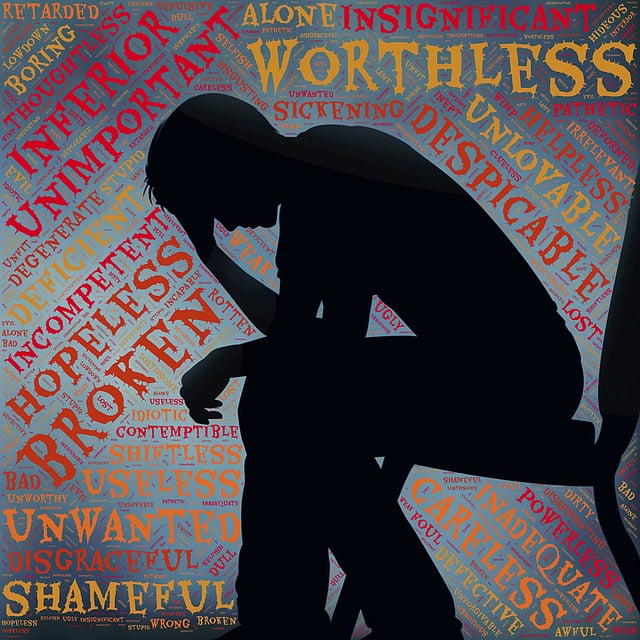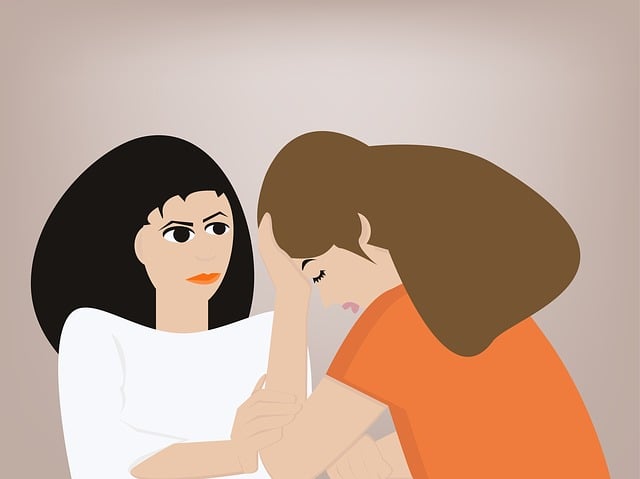Survivors of sexual abuse in young adulthood face unique mental wellness challenges due to trauma experienced during a vulnerable period. Specialized self-assessment tools are vital to accurately gauge their mental health status, considering specific barriers and complexities in therapy. Tailored therapy programs for this demographic empower survivors through education, helping them recognize healing processes, develop self-care routines, process trauma, foster resilience, and achieve improved mental wellness outcomes. Comprehensive assessment frameworks should encourage self-reflection, self-acceptance, and holistic support, integrating trauma-informed approaches to address unique needs of young adults who have experienced sexual abuse. Thorough testing and refining of self-assessment tools with feedback from the target demographic is essential for effective therapy and stigma reduction in mental health journeys.
Mental wellness self-assessment tools play a pivotal role in supporting therapy for young adults who have experienced sexual abuse. This article delves into the development of tailored assessment frameworks, addressing the unique needs of this vulnerable population. We explore why self-assessment is crucial in therapy, discuss designing effective tools, and emphasize integrating trauma-informed approaches. By understanding individual experiences, these assessments enable targeted interventions, fostering healing and resilience among sexual abuse survivors.
- Understanding the Unique Needs of Young Adult Sexual Abuse Survivors
- The Importance of Self-Assessment Tools in Therapy
- Designing Effective Mental Wellness Assessment Frameworks
- Integrating Trauma-Informed Approaches into Self-Assessment
- Testing, Refining, and Implementing Your Self-Assessment Tool
Understanding the Unique Needs of Young Adult Sexual Abuse Survivors

Survivors of sexual abuse during their young adult years often face unique challenges in navigating their mental wellness journeys. This demographic may have experienced trauma at a vulnerable stage of life, which can impact their overall well-being and emotional resilience. As such, specialized self-assessment tools are crucial to help these individuals accurately gauge their mental health status. These tools should be designed with an understanding of the specific barriers and complexities that young adult sexual abuse survivors encounter in seeking therapy.
Therapy for young adults who have experienced sexual abuse requires a tailored approach. Incorporating aspects of mental health education programs design can empower survivors to recognize their emotional healing processes and develop effective self-care routines for better mental health. By providing the right resources, these individuals can learn to navigate their experiences, process trauma, and foster resilience, ultimately leading to improved mental wellness outcomes.
The Importance of Self-Assessment Tools in Therapy

Self-assessment tools play a pivotal role in therapy, especially for young adults who have experienced sexual abuse. These instruments provide a means to gauge and track an individual’s emotional healing processes and overall mental wellness journey. By offering insights into their thoughts, feelings, and behaviors, self-assessments empower survivors to take an active part in their therapy. This proactive approach facilitates resilience building and burnout prevention, which are crucial aspects of the healing process.
For sexual abuse survivors, navigating therapy can be a complex emotional landscape. Self-assessment tools tailored for this demographic offer privacy and confidentiality, encouraging honest self-reflection. They enable therapists to understand the survivor’s unique challenges, assess their progress, and tailor interventions accordingly. This personalized approach enhances therapeutic outcomes and fosters a deeper sense of empowerment and control over one’s mental health.
Designing Effective Mental Wellness Assessment Frameworks

Developing effective mental wellness assessment frameworks requires a multifaceted approach tailored to address diverse needs, especially for vulnerable populations like young adults who have experienced sexual abuse. These frameworks must go beyond traditional diagnostic tools and incorporate methods that foster self-reflection, self-acceptance, and self-care practices—essential components for healing and recovery. By integrating aspects of therapy for young adults sexual abuse survivors, assessment tools can create safe spaces where individuals feel empowered to candidly evaluate their mental wellness.
The process should involve creating structured yet adaptable questionnaires or interviews that delve into various facets of mental wellness, including emotional regulation, trauma resilience, self-esteem improvement, and coping mechanisms. Given the sensitive nature of the topic, ensuring confidentiality and using non-judgmental language is paramount. Incorporating culturally responsive elements can further enhance accessibility, ensuring that assessment tools resonate with diverse backgrounds and experiences, ultimately promoting holistic mental wellness support for all.
Integrating Trauma-Informed Approaches into Self-Assessment

Integrating trauma-informed approaches into self-assessment tools is a critical step forward in supporting young adults who have experienced sexual abuse and other traumatic events. This approach recognizes the profound impact that past traumas can have on an individual’s mental wellness, ensuring that assessment methods are sensitive to their unique needs. By adopting these strategies, therapists and care providers can create safer and more effective support systems for survivors, helping them navigate their mental health journeys.
Trauma-informed self-assessment tools play a pivotal role in Mental Illness Stigma Reduction Efforts by promoting understanding and empathy towards survivors’ experiences. These assessments should be designed to foster resilience building, acknowledging that many young adults can overcome adversity with the right support. Given the sensitive nature of the topic, particularly when addressing therapy for Young Adults Sexual Abuse Survivors, it is imperative to approach self-assessment with care, ensuring privacy and a non-judgmental environment to encourage honest reflections.
Testing, Refining, and Implementing Your Self-Assessment Tool

After developing your initial self-assessment tool, it’s crucial to thoroughly test and refine it before implementing it with users, particularly in sensitive areas like therapy for young adults sexual abuse survivors. Begin by piloting the tool with a small group of individuals who match your target demographic. Collect their feedback on the clarity, relevance, and effectiveness of the questions. This process allows you to identify any potential biases or unclear language that may impact the assessment’s accuracy or cause discomfort.
Make necessary revisions based on the feedback received. Ensure that each question is tailored to assess specific aspects of mental wellness while maintaining a supportive and non-judgmental tone. Continuously refine the tool, incorporating insights from experts in psychology, therapy, and resilience building. Remember, creating an effective self-assessment involves ongoing evaluation and improvement aimed at fostering mental illness stigma reduction efforts and promoting Self-care routine development for better mental health.
Mental wellness self-assessment tools play a pivotal role in providing therapy for young adults who have experienced sexual abuse. By understanding their unique needs and integrating trauma-informed approaches, these tools can offer valuable insights into survivors’ mental health states. Effective frameworks, designed with sensitivity and precision, empower individuals to take charge of their healing journey. Through rigorous testing and continuous refinement, self-assessment tools can become powerful resources, enhancing therapeutic outcomes for sexual abuse survivors navigating their mental wellness.









